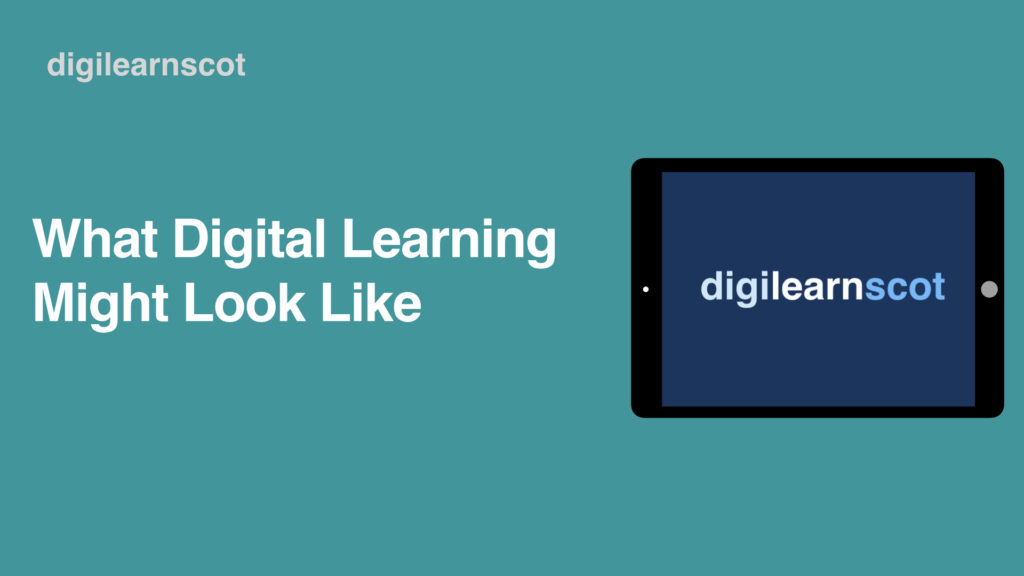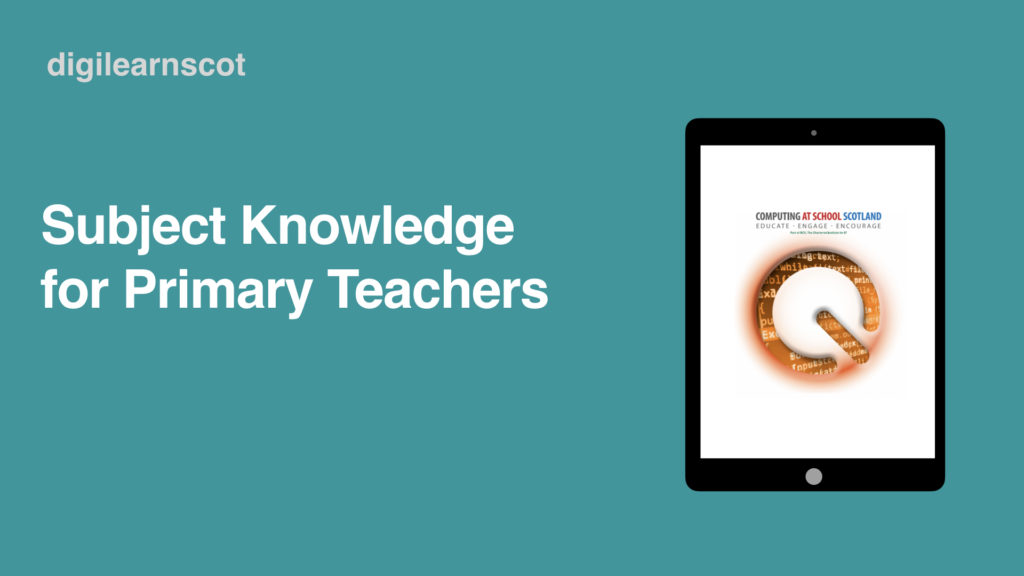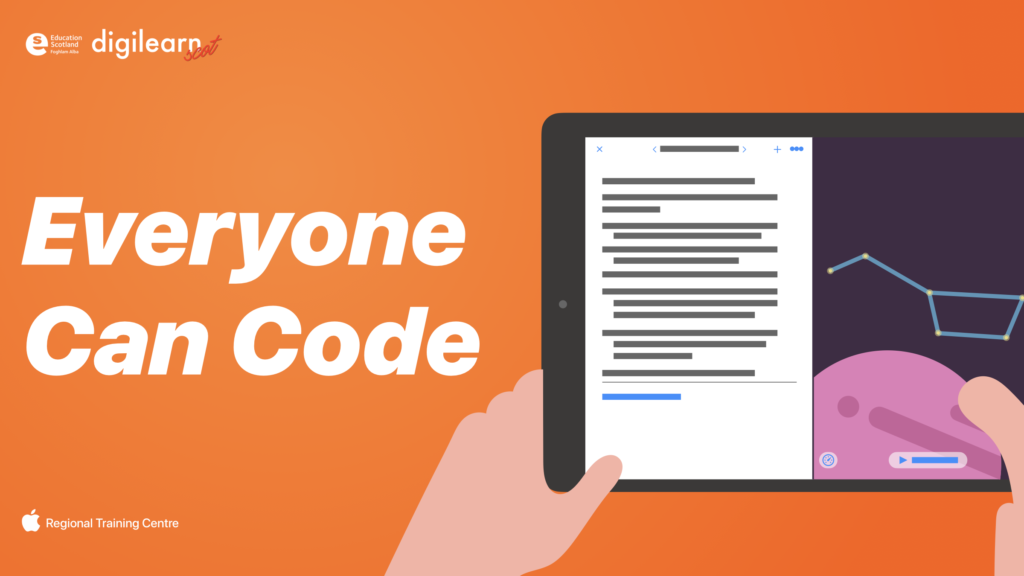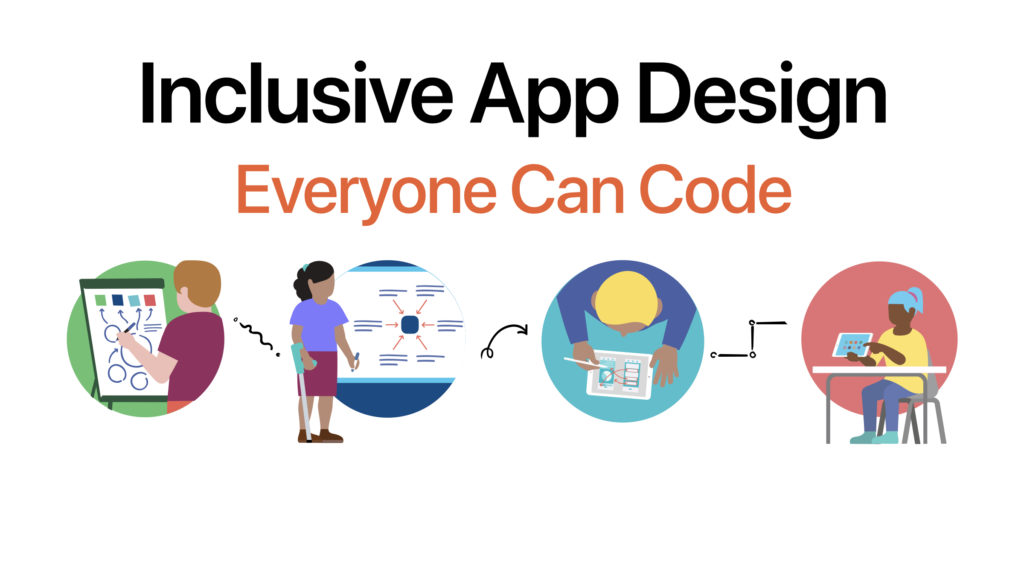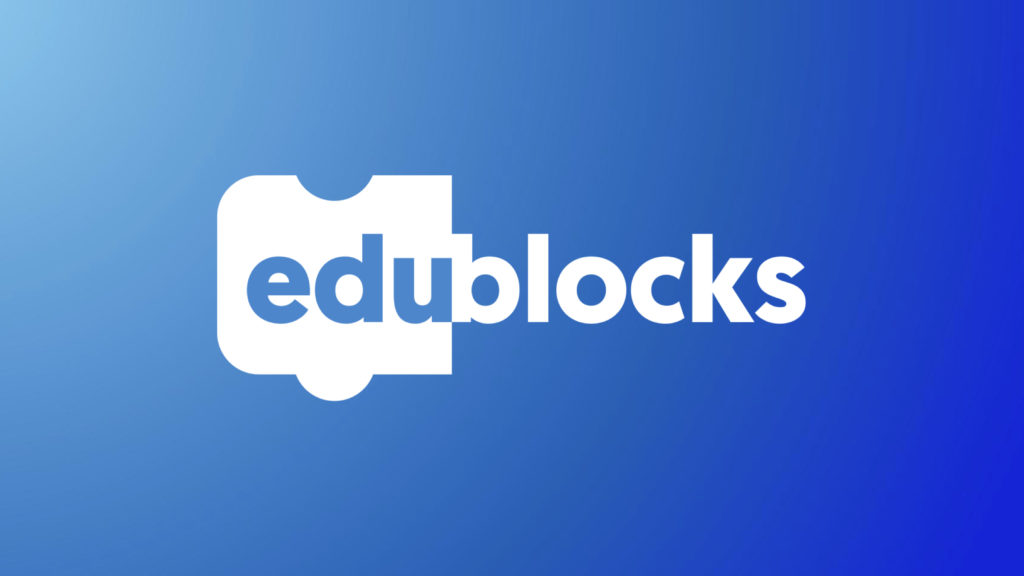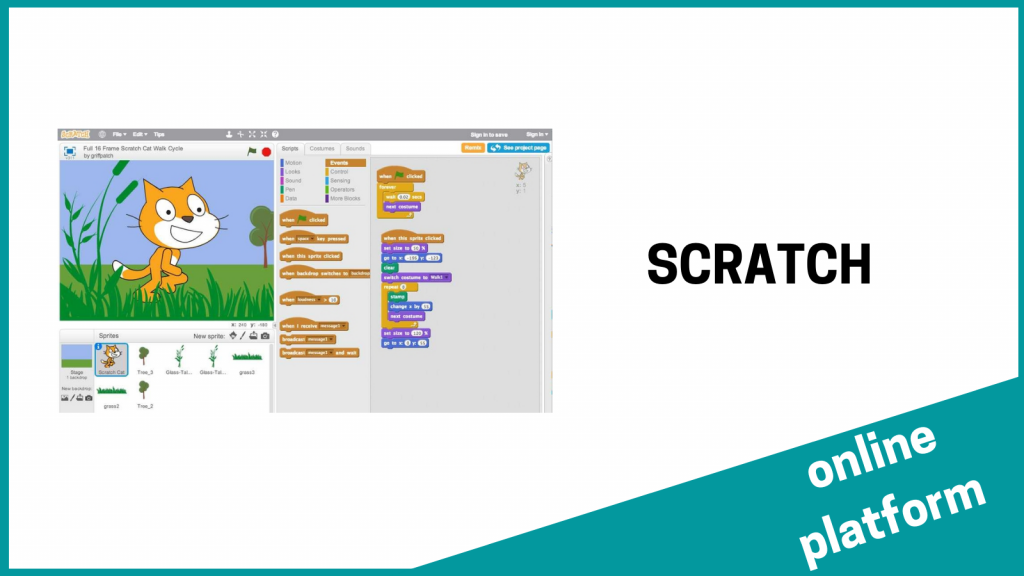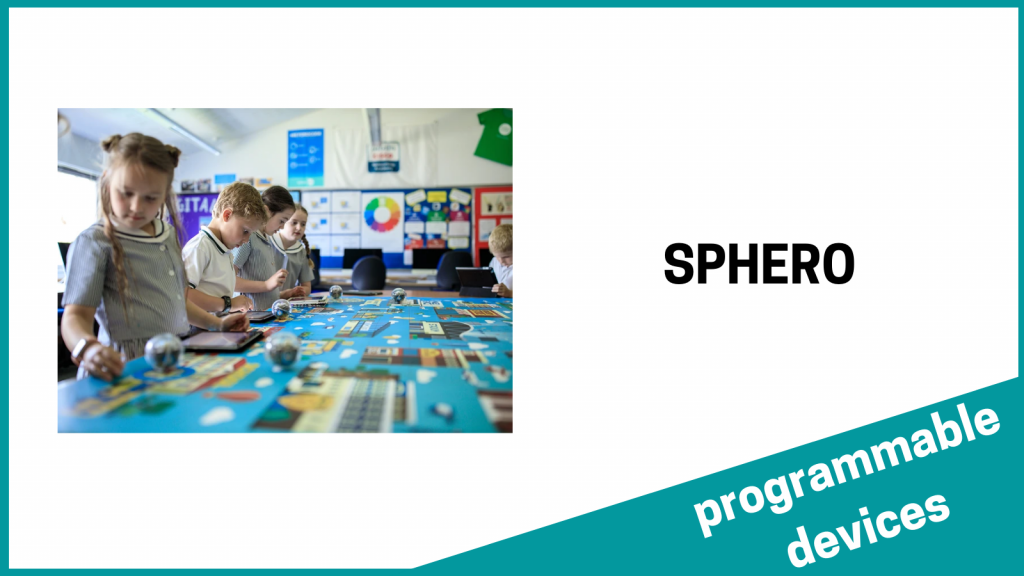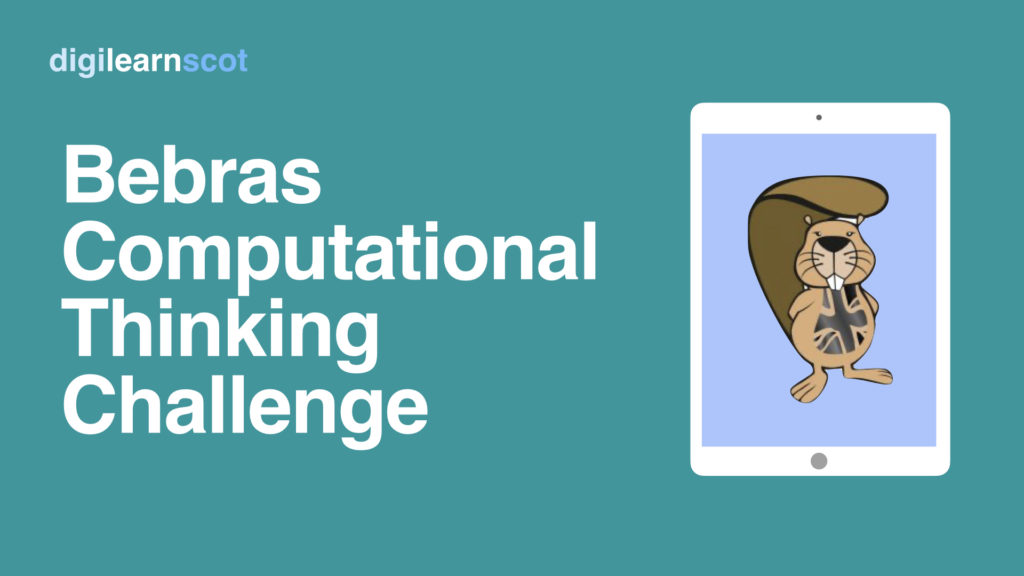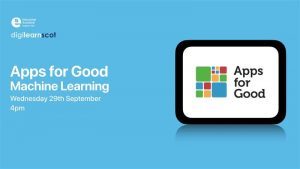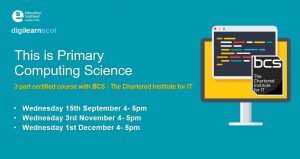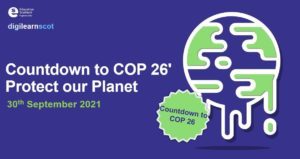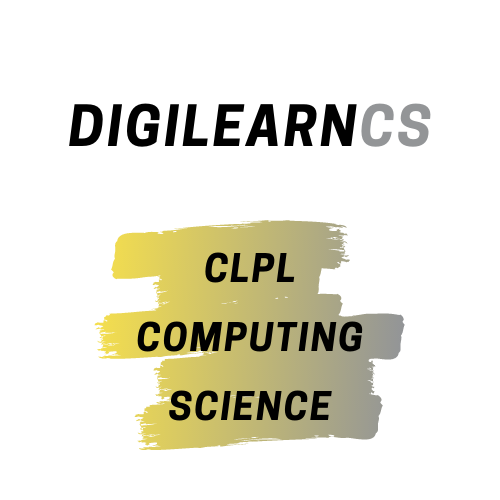The aim of the document is to provide examples of learning activities and how they can be incorporated into a range of contexts at early, first and second level.
The document lists the experiences and outcomes in the left-hand column with suggested learning activities in the right-hand column.
These examples are not exhaustive and are only to illustrate how educators can include the digital literacy and computing science experiences and outcomes into cross-curricular contexts.
Improvement questions
- How confident are you that the experiences you are providing for learners allow them to develop the skills, knowledge and understanding outlined in the curriculum guidance?
- Do you know the level of digital literacy learners come to you with?
- How confident are you when using digital technology in your lessons?
- How well do your learners make use of high-quality resources and equipment, including digital technologies?

